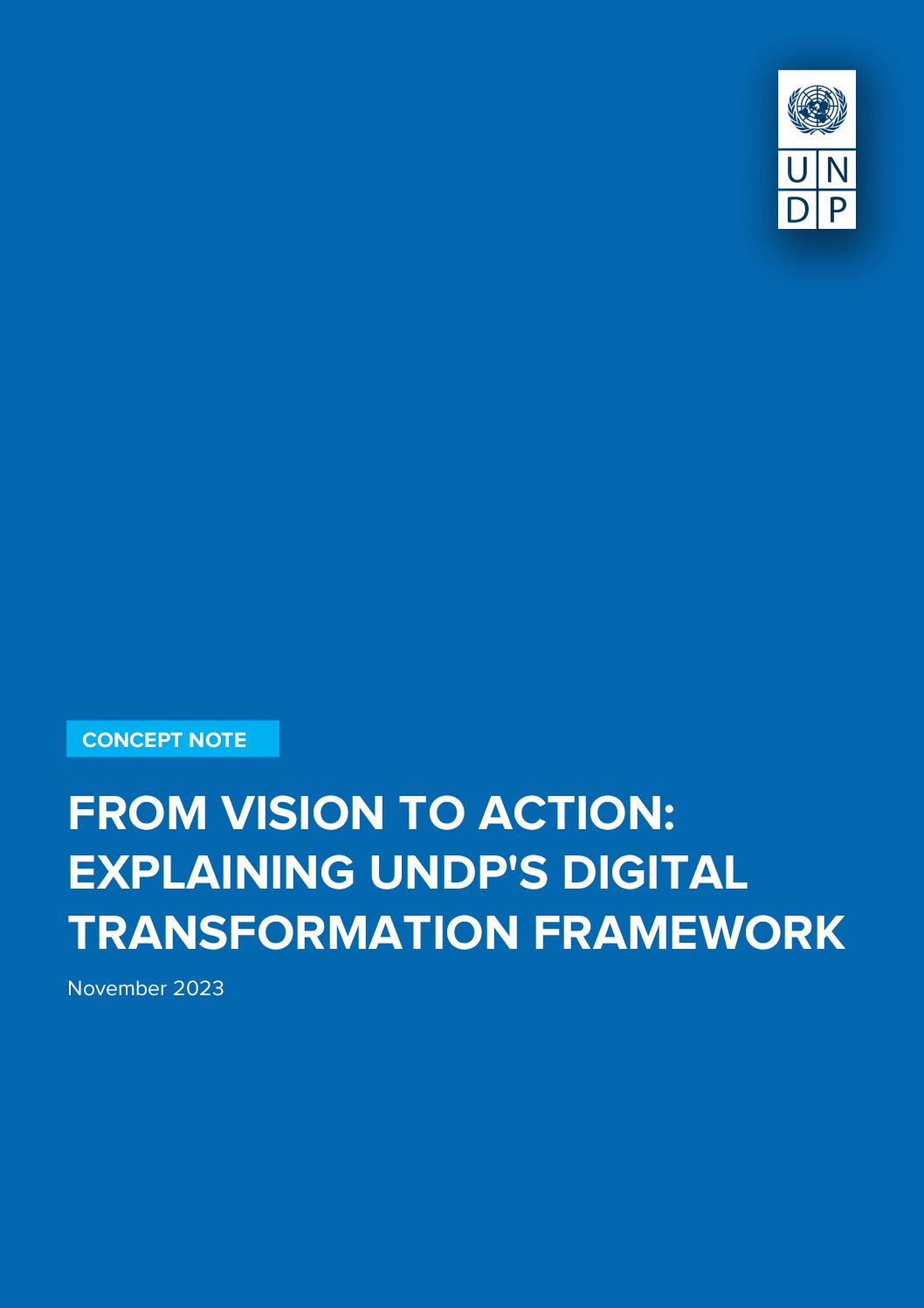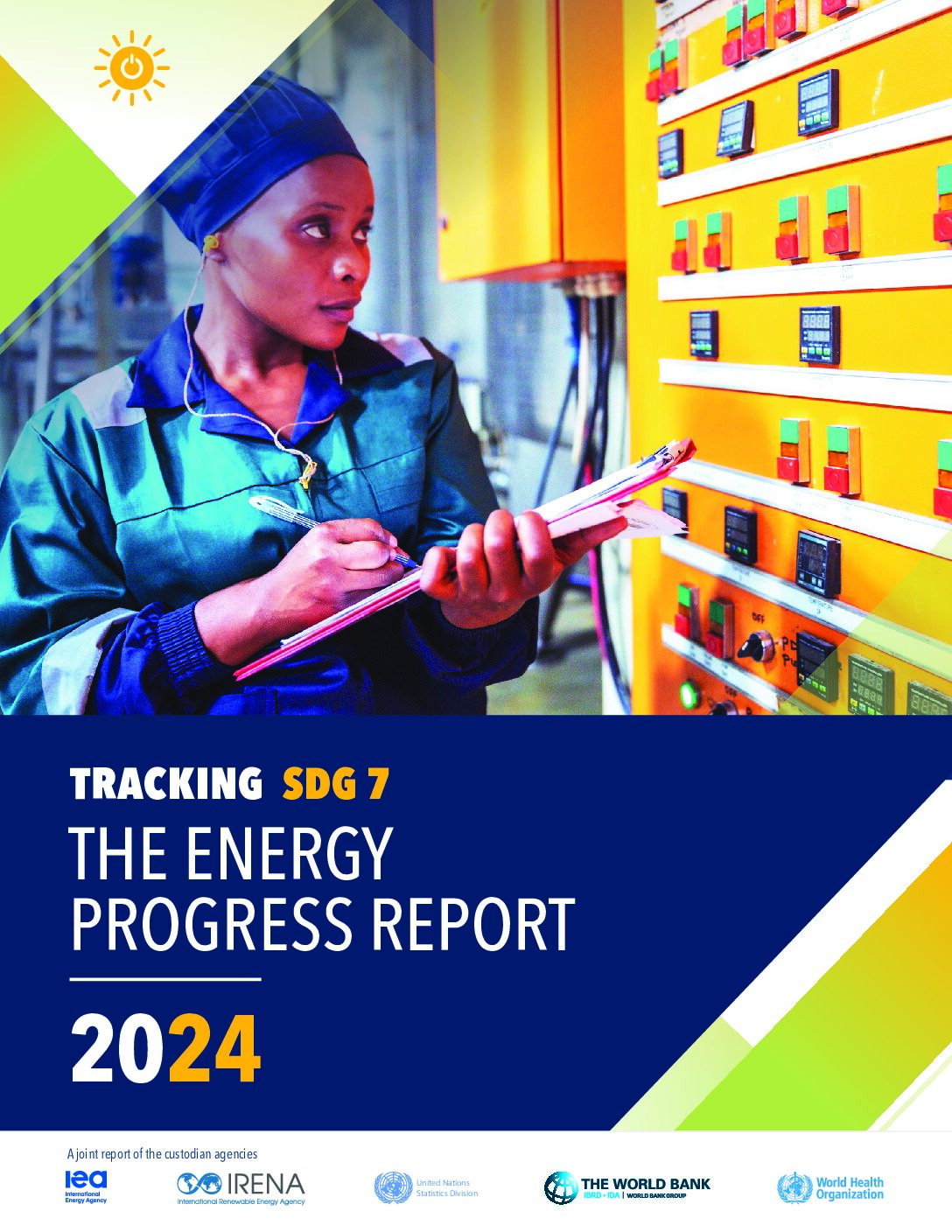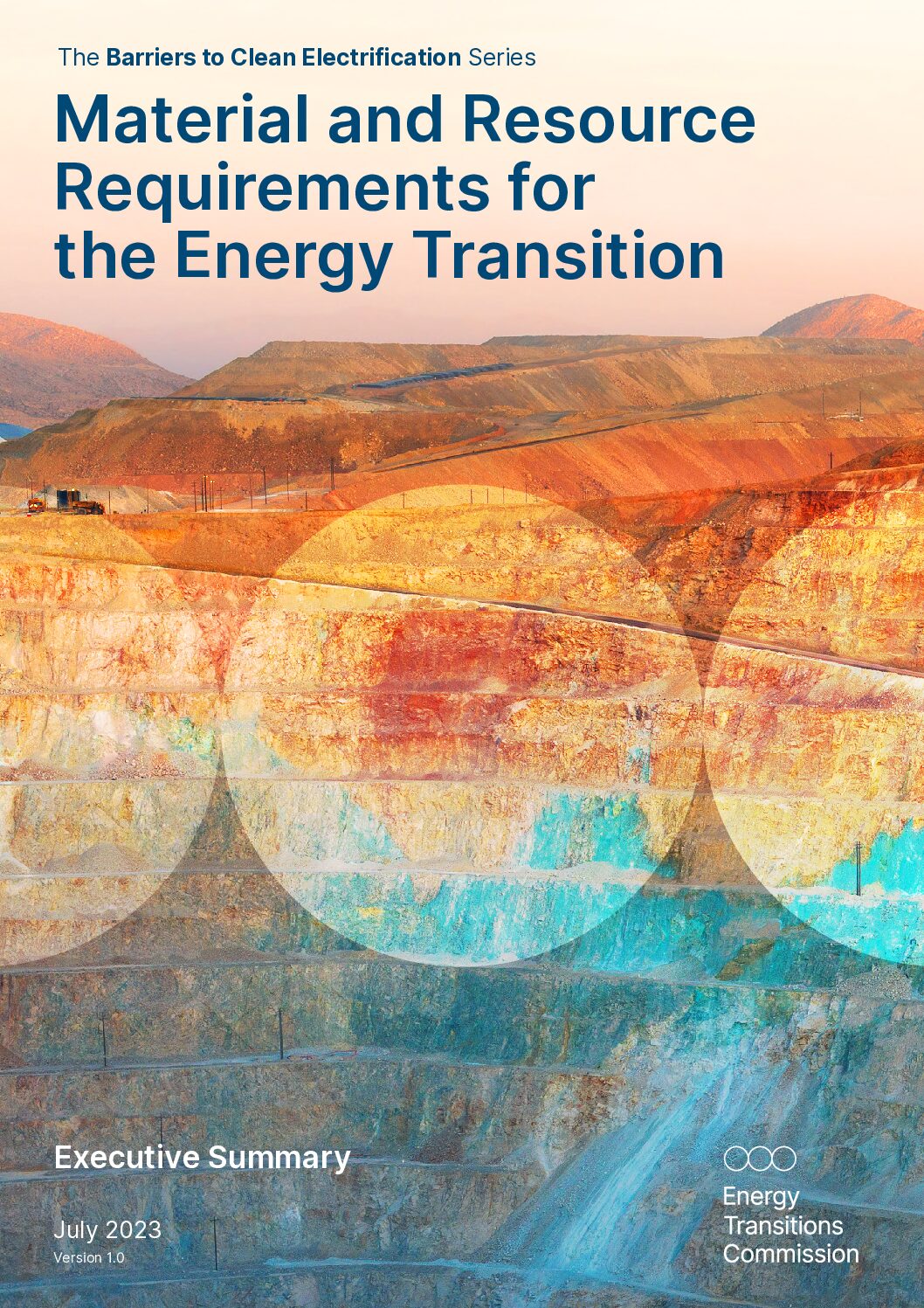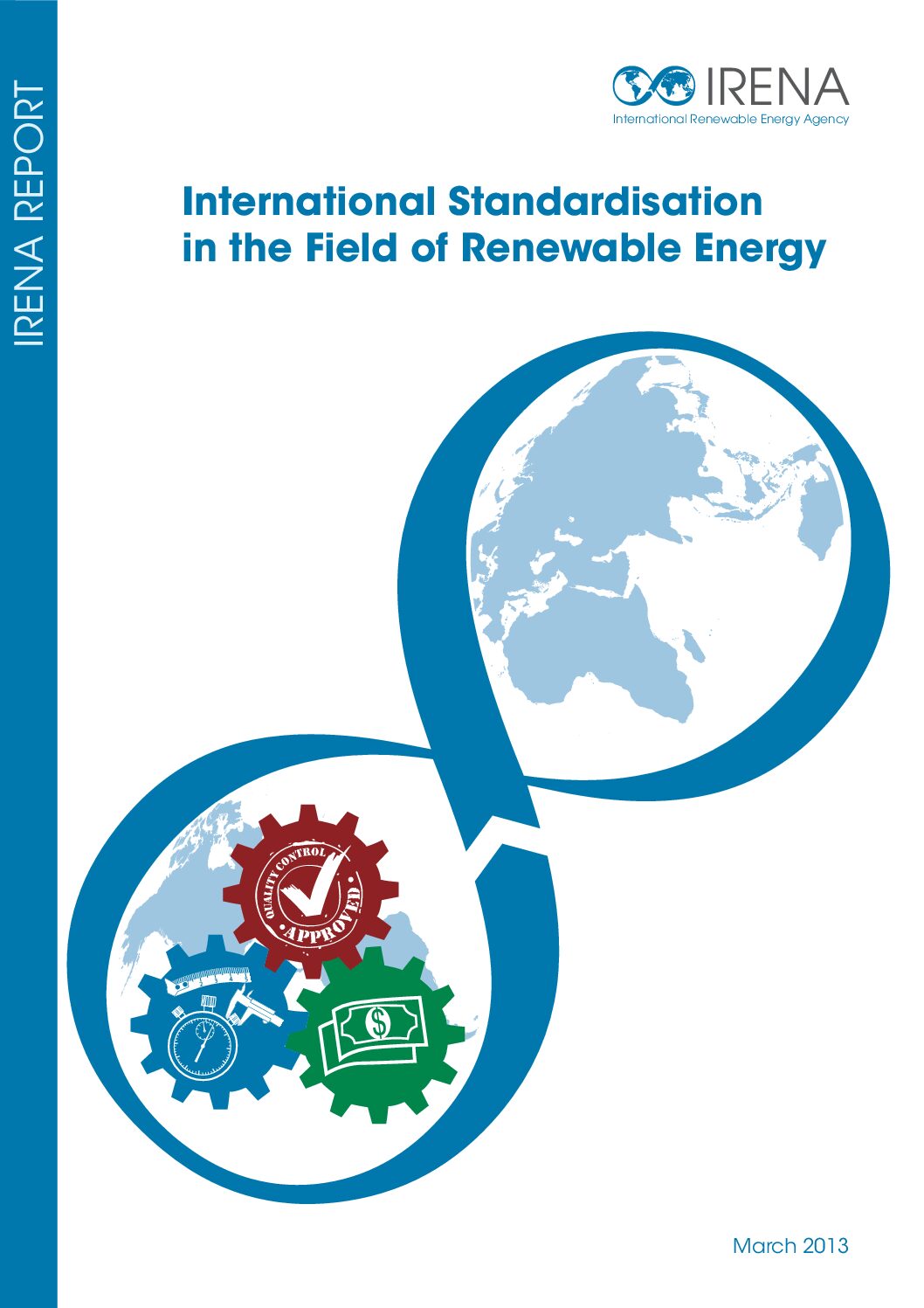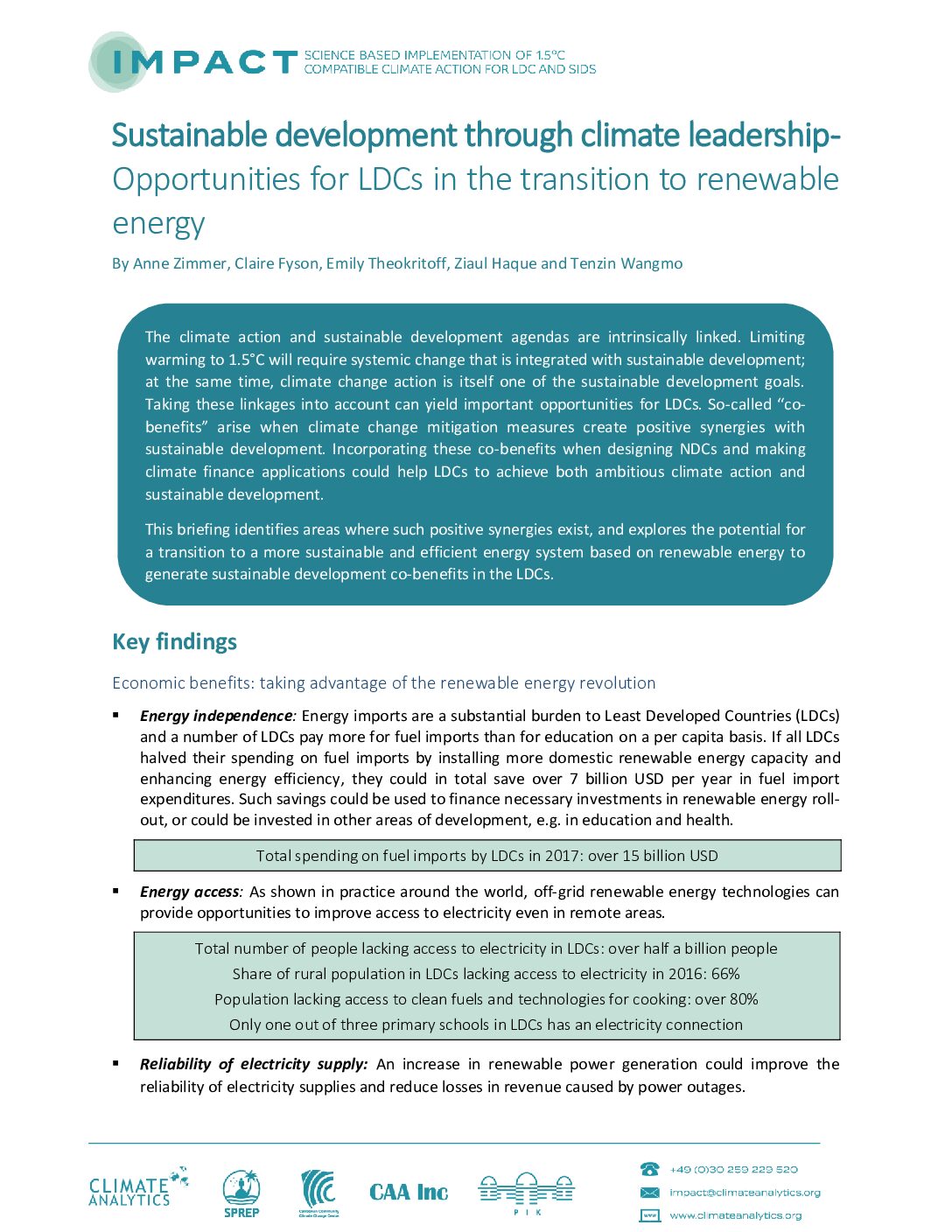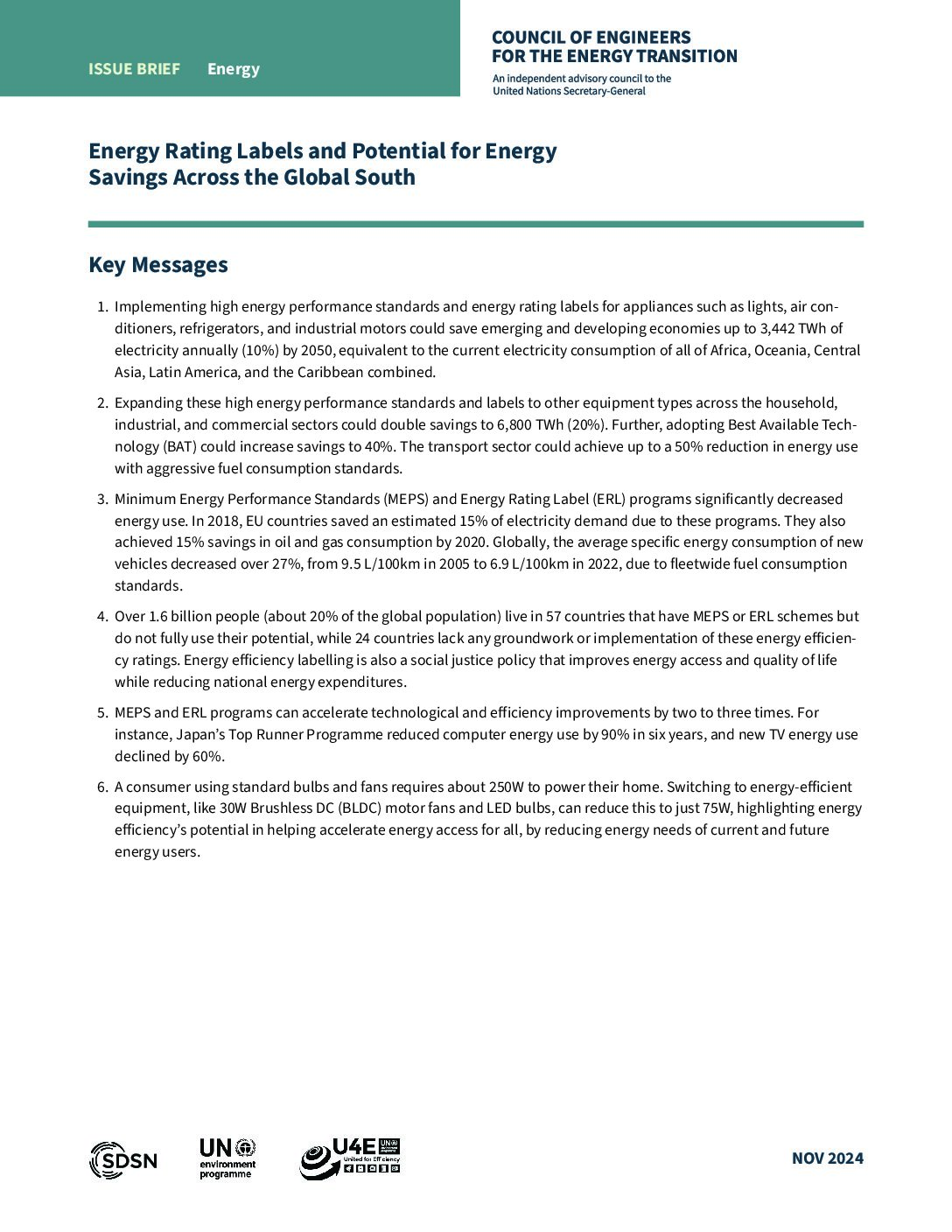This blog describes four opportunities for digitalisation to accelerate just energy transitions: smart energy management, decentralized energy systems, climate-resilient farming, and public transport.
This brief explains UNDP’s framework for inclusive digital transformation in support of the SDGs
This annually published report provides information on progress towards the achievement of SDG 7: Access to affordable, reliable, sustainable and modern energy for all.
This report focuses on the material resources required for the energy transition and demonstrates that there are plentiful resources available to support a prosperous net-zero global economy.
This study assesses the landscape of standards for renewable energy technologies and identifies gaps, with a focus on international standardisation.
This is an interactive database of nearly 600 individual technology designs and components across the whole energy system that contribute to achieving the goal of net-zero emissions
This briefing identifies sustainable development co-benefits that LDCs can unlock by adopting a leadership position in international climate action.
This platform lets users explore and compare real-time data on electricity demand, generation and spot prices, trade, and CO2 emissions from more than 50 sources.
This brief explains the potential of energy performance standards and appliance labels to advance energy efficiency in the Global South.
This web page monitors energy transition progress and opportunities in East Africa, focusing on alternative/complementary energy pathways to the construction of the East African Crude Oil pipeline.

